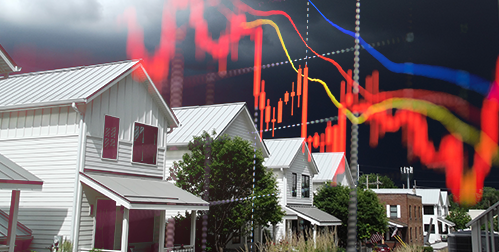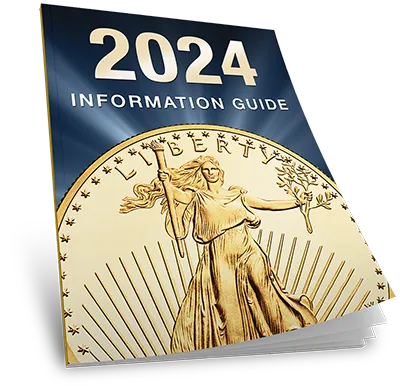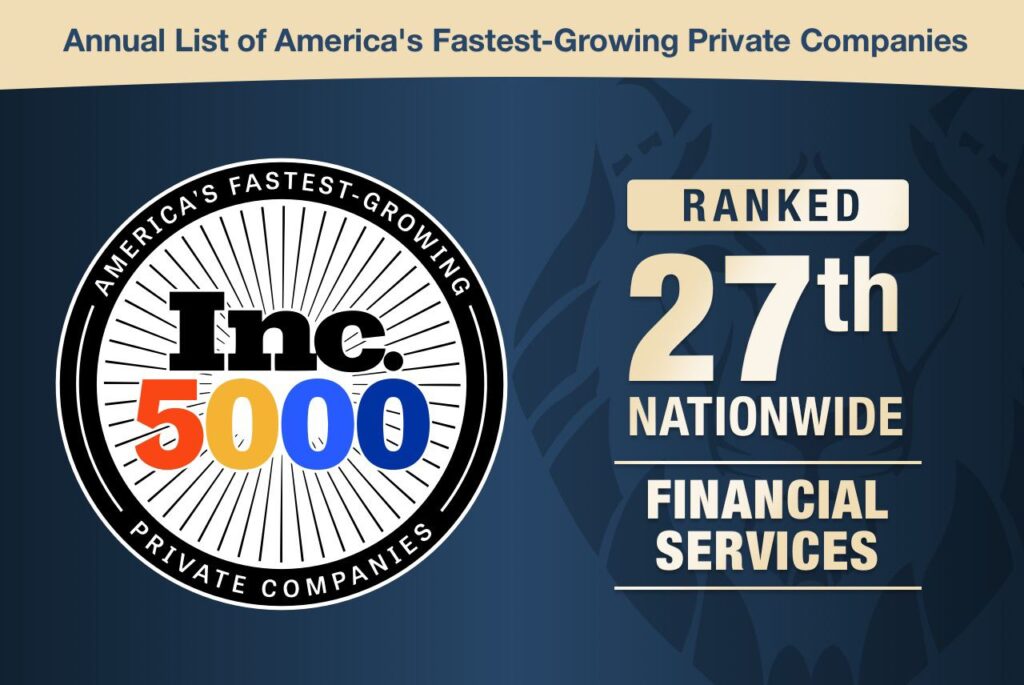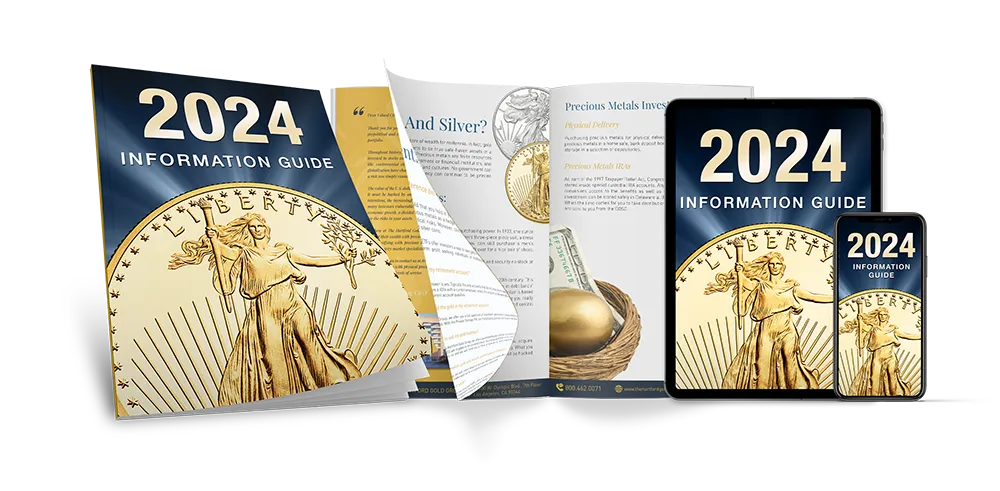A Housing Boom Goes Bust
Real estate has always been considered one of the three pillars of investing. After the Fed’s most recent interest rate hikes, that pillar isn’t looking steady. Analysts don’t believe we are going to witness a 2008-like housing crisis. Instead, once ballooning home prices are going to rapidly deflate. And no one is predicting when they will float up again.
The pandemic’s ‘work from home’ shift and low mortgage rates fueled the housing market boom. Home prices had skyrocketed by more than 24% since April 2020. That housing boom is officially over. “The period of unsustainably rising housing prices is over with the rise of interest rates,” says Robert Dietz, chief economist at the National Association of Home Builders.1
The Federal Reserve issued record interest rate increases to curb inflation. The Fed is willing to accept a crumbling housing market if it helps bring inflation under control. True to form, Fed Chair Jerome Powell stressed a housing crash is unlikely. However, housing costs are a major factor in the Consumer Price Index. A slowdown in home prices will eventually translate into a lower rate of inflation.
Reduced Demand
The interest rate hikes affect the 10-year Treasury Note. This, in turn, helps determine mortgage rates. Historically low mortgage rates have made a drastic turn upward. The average 30-year fixed rate mortgage spiked by 55 basis points. Potential buyers are being deterred. A Redfin index indicates homebuyer demand was down 14%. In addition, mortgage applications have fallen more than 50% in the past three months.2
The recent flood of refinancing has ended. Just a year ago, people could refinance their home at rates as low as 2.5%. Those days are gone and not coming back. Refinance activity is 70% lower than last year.3
Home price growth is tied to income growth. Neither can outrun the other for very long. Over the past year, home price growth (20.6%) is four times greater than income growth (4.8%). If high inflation persists, then rising interest rates could slow down the job market. With worse job prospects and higher mortgage rates, homebuyer interest could collapse to dangerous levels. Home prices would come crashing down.
Reduced Supply
The U.S. housing supply is at a historic low. There are 51% fewer homes on the market today compared to 2019. Don’t expect more on the market anytime soon. Builders are pessimistic about the housing market. They expect high mortgage rates to cut demand for new homes. As a result, new applications to build dropped to the lowest number since September. In addition, construction costs are up 19% year-over-year. Coupled with supply chain problems, there is now a backlog of unfinished homes.4
Though supply is down, the number of listings is increasing. More homeowners are trying to sell while they still can. But there are no bidding wars awaiting them. In a Fannie Mae survey on homebuyer sentiment, a record 79% of respondents said it’s a bad time to buy a home. Price cuts are becoming normalized. Almost 25% of homes on the market dropped their target number in the first week of June.5
Overvaluation
Moody’s Analytics rates 96% of nation’s largest 392 housing markets as overvalued relative to what local incomes can support. Almost 150 markets were determined to be overvalued by at least 25%. Moody’s predicts home prices growth to plummet to 0% from a year-over-year rate of 20%.
The overvaluation varies greatly by market. Some areas became hot destinations during the pandemic. Markets like Austin, Boise and Charlotte skyrocketed over the national rate of growth. Those areas with the steepest climbs now face the deepest drops.6
David Dworkin, President and CEO of the National Housing Conference, said higher mortgage rates are not a sustainable way to reduce shelter costs.
Dworkin said, “The Fed has no choice but to raise rates to address inflation. Higher mortgage rates are a necessary but bitter pill. However, without measures to address housing shortages, higher interest rates will only hurt low- and moderate-income families without having a material impact on home price inflation.”7
Many people have counted on the value in their homes to help fund their retirements. That value, and the security it promised, may be slipping away. Now is a good time to look for safe haven assets that can retain their value in the current market downturn. A Gold IRA is designed to secure your wealth. Contact American Hartford Gold today to learn more about how you can protect your wealth.






